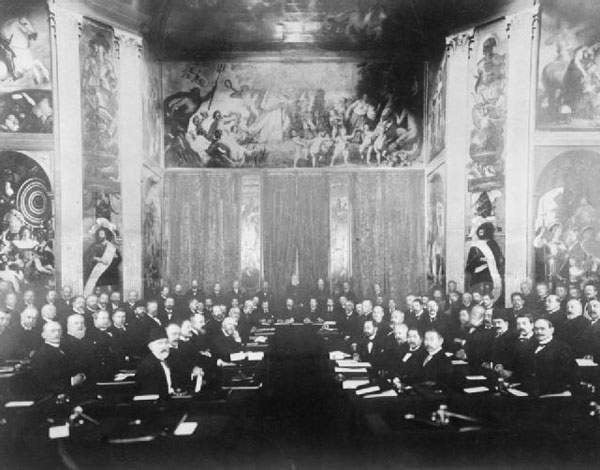

The wheels of international law turn slowly. On 1 October 2011, Russia became the 86th signatory of the Hague Convention of October 1980 on the Civil Aspects of International Child Abduction. However, it was only in June last year that the UK recognised Russia’s accession under its own domestic legislation.
With a significant Russian presence in the UK and with an increasing trend of Russian parents placing their children in UK schools, it is important for Russians either coming to the UK or returning to Russia to understand the effect of this recent development.
Research conducted by the Foreign Office suggests that half the UK population think that when a child is abducted it is the responsibility of the government of the country where the child lived to seek and return the child. The stark reality is that little government help is provided and it is up to the parent, at a time of great emotional distress, to instruct a lawyer and pursue recourse via a private application through the court system.
Pictured above: Gentlemen about to discuss the first Hague Convention in 1899, which regulated conduct during warfare
The convention harmonises the resources from country to country to ensure that children who have been removed from one signatory country to another can be located, apprehended and returned to their parent or guardian in their country of habitual residence, to minimise distress and harm to the child.
Without the convention and the reciprocal legal framework it provides between countries, the return of children can prove more time consuming, costly and ultimately distressing for the child.
Article 3 of the convention states that a child is abducted where:
A) The child habitually resides a country that is a signatory to the convention. The actual nationality of the child or parents is unlikely to be significant in most abduction cases.
B) The child is removed abroad or is being detained there without the permission of their legal guardian in breach of that person’s custody rights.
C) The child is under sixteen years old.
The reality is that harmonising international law is seldom straightforward and the convention is no different. One such difficulty is that the implementation of the convention from state to state can differ in significant ways. Indeed, Hague can conflict with domestic laws.
For example, in Russia, children can be taken abroad by one parent without written permission from the other but that would be considered a crime in many signatory countries of the convention.
Thus a paradox may be created where a child could be taken from Russia to England by one parent without the consent of the other, but as Russia is now a signatory to the convention, a child who is habitually resident in England but who is taken without consent to Russia would be required to be returned by the Russian authorities to the UK.
It is uncontroversial to say that some signatories are more willing to deploy resources to a child abduction incident that others. Russia, has not fared particularly well in this regard historically.
Last year the European Court of Human Rights decreed that Russia had breached a mother’s human rights under Article 8 (which includes a right for a parent to have measures taken by national authorities to reunite them with their children from whom they have been separated) because it took the authorities three years to reunite the boy with his mother.
Conversely, the first British/Russian convention case was settled in November last year; the Russian courts ordered the return of five- and seven-year old boys to their habitual residence in England after they were taken on holiday to Russia by their Russian father, who then failed to return with them.
The complexities that can arise in child abduction cases, combined with public ignorance of the law regarding the removal of children from a country, and the increasing international demography of the UK, particularly London, makes for a combustible mix of factors.
It is stating the obvious to say that foresight is preferable to an international child abduction battle which can and probably will be emotionally distressing and possibly damaging for the child or children involved. Communication between parents, possibly with legal assistance to clarify parental rights, will be effective to prevent a situation arising where the convention needs to be invoked.
Tom Farley-Hills is a partner and head of family law at London firm Harbottle and Lewis LLP







